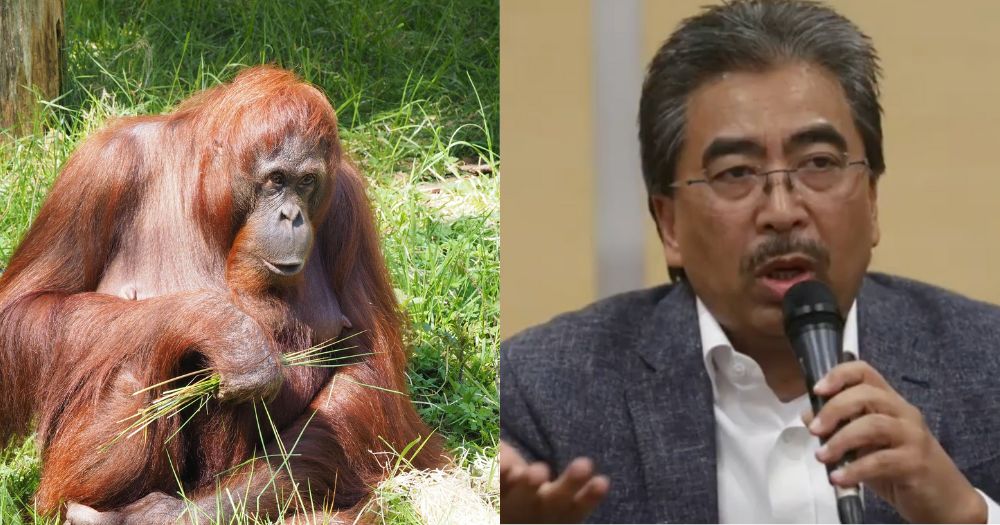In a bid to strengthen ties with palm oil-trading countries, Malaysia plans on gifting away orangutans.
Minister for Plantation Industries and Commodities Johari Abdul Ghani called it "orangutan diplomacy", emulating China's "panda diplomacy".
Johari said Malaysia would give orangutans to trading partners, especially with major palm oil-importing nations like the European Union (EU), India, and China.
The move was announced by Johari during the recent Biodiversity Forum 2024 of the Malaysian Palm Oil Green Conservation Foundation.
According to Malay Mail, Johari said that "orangutan diplomacy" would "demonstrate Malaysia's unwavering commitment to biodiversity conservation."
Johari also encouraged palm oil companies to work with non-governmental organisations to "oversee, preserve and raise awareness" about orangutans.
Strengthening palm oil trade
On Apr. 19, 2023, a law was passed in the EU blocking the import of products that have "led to deforestation and forest degradation". The law covered various commodities including palm oil.
According to the World Wide Fund for Nature (WWF), the growth of palm oil plantations has come at the expense of tropical forests across Asia, Africa and Latin America.
Deforestation is particularly acute in Malaysia, one of the world's largest exporters of palm oil together with Indonesia, though efforts have been made by the industry to clean up its act and make palm oil production more sustainable.
All the same, Malaysia expressed consternation at the EU's decision.
Then-Minister for Plantation Industries and Commodities, Fadillah Yusof, said that the law primarily serves "to protect a domestic oilseeds market that is inefficient and cannot compete with Malaysia's efficient and productive palm oil exports", Reuters reported.
Malaysian palm oil stocks have since been in decline, a cause for concern given that palm oil is a significant source of income for Malaysia.
Accordingly, Johari said that Malaysia cannot adopt a "defensive approach" on the palm oil issue.
Malaysia's bid for "orangutan diplomacy" can thus be seen within this context as a way of securing and strengthening palm oil exports.
"Instead we need to show the countries of the world that Malaysia is a sustainable oil palm producer and is committed to protecting forests and environmental sustainability," Johari said, as reported by Reuters.
WWF raises concerns
In a statement to Reuters, WWF said that it would "urge" that trading partners be brought to Malaysia to "support this initiative, as opposed to sending orangutans out of the country".
The organisation also raised concerns about how "orangutan diplomacy" could affect conservation efforts for the species and instead called for Malaysia to stop converting orangutans' forest habitats into plantations.
Orangutans are native to Malaysia and Indonesia. All three species of orangutans are critically endangered.
According to National Geographic, they are acutely affected by deforestation since they are highly dependent on trees. Orangutans feed upon fruits and leaves gathered from rainforest trees and even sleep aloft in nests of leafy branches.
According to WWF, there are fewer than 80,000 orangutans in the wild today, with their habitats under constant threat of deforestation due to palm oil plantations.
Top photo from Unsplash & Johari Abdul Ghani/X.
If you like what you read, follow us on Facebook, Instagram, Twitter and Telegram to get the latest updates.



